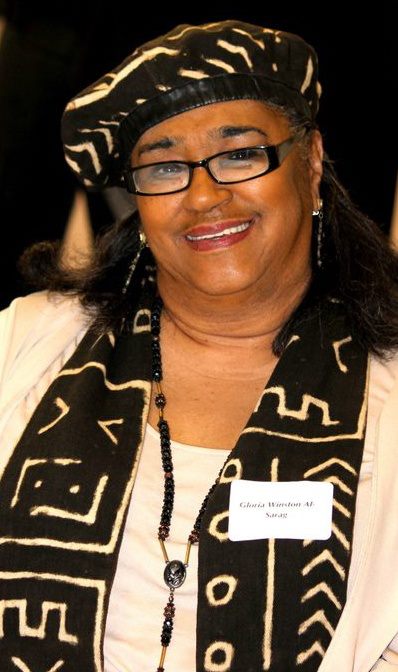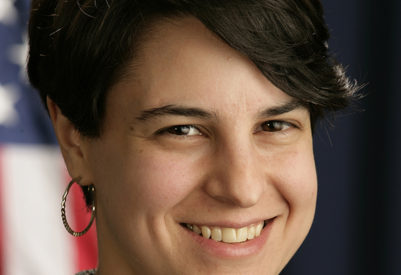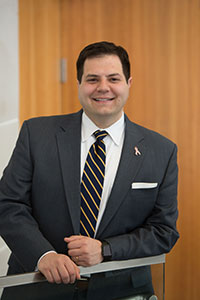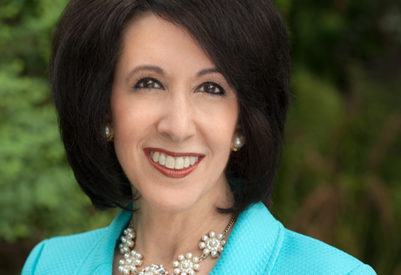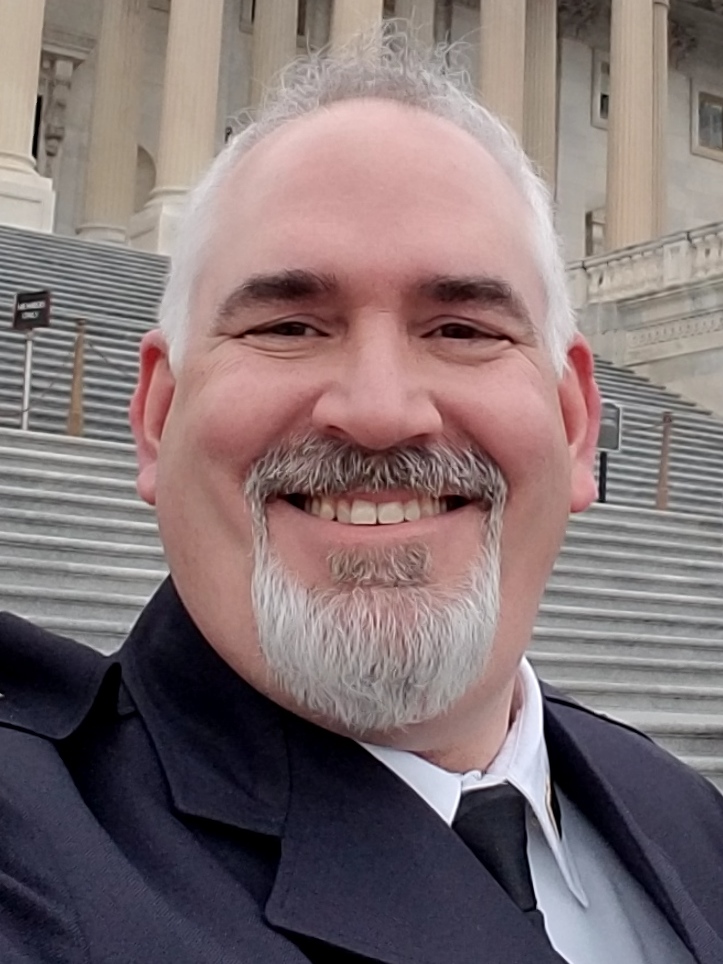
Cover Photo: MLREMS Council Chairman Mark Philippy
Mainstream media’s traditional approach, when recognizing those heroes and sheroes on the frontlines; especially during catastrophic events such as, the recent Covid-19 pandemic……… a lot of times, they forget to also highlight, the extreme importance of our Emergency Medical Services (EMS) practitioners, who are in most cases, the first to make physical contact with an ill-ridden patient.
The ghost-like unpredictability of Covid-19 made it imperative that EMS providers worldwide and locally, change the way they provide services, in accordance with state and federal approved safety guidelines and advice from leading experts on allergy and infectious diseases.
Our local EMS watchdog hub, Monroe-Livingston Regional Emergency Medical Services Council (MLREMS) was established to “promote measurable excellence in and out-of-hospital care and patient outcomes and improve the delivery of emergency medical services in accordance with the roles, responsibilities, powers, and privileges as set forth in Section 3003 of Articles 30 and 30A of the New York State Public Health Law.”
MLREMS Council Chairman Mark Philippy has been in the EMS profession for more than thirty-five years, further explained that MLREMS was established by New York State (NYS) to help with education and planning for ambulance services in our region.
“We developed educational programs for ambulance services, we oversee the process of obtaining a certificate for ambulance services to operate in our region and there’s a sub committee composed of doctors, who helped develop the medical protocols, we operate under and we are able to provide care for,” he pointed out.
Pertaining to changes made on how they do their job, Philippy noted, their preparation changed when they learned it was going to be a potential for folks to become ill and by extension their illness could impact the Emergency Medical Technicians (EMTs) and Paramedics, who might come to help them.
“So, a lot of that preparation was in making sure we had adequate protection for ourselves and our patient,” he continued. “We want to make sure there’s no chance we could give the patient any disease or the patient potentially could infect the providers. That was one of the first things our agencies were doing. We made sure we had enough manpower in terms of paramedics to respond and making sure our ambulances were fully equipped at all times,” he accentuated. “And it’s a lot of sitting down going over plans developed for disasters and then realizing this isn’t like a normal disaster that’s over like a snap of a finger or a few days, but the kind of thing that’s going to affect us for many weeks. So, its many things people have taken off the self of planning that had been put in place for short term events and recoveries, who are now looking to continue to develop plans as we speak, not for just short term anymore, but also long term plans for catastrophic events and recoveries,” he said.
Pertaining to the local EMS workforce, there have been a few, who have tested positive, but for the most part they have been fortunate in the Rochester area, particularly.
And he credits that low number to having an excellent opportunity to prepare, because they received valuable information from folks at the county of Monroe, Dr. Mendoza, Dr. Cushman, Mayor Warren and County Executive Bello.
When asked to describe the undying commitment EMS providers exert, Philippy said it is kind of heart wrenching, because he knows they are people who are concerned about their family safety.
“EMTs and Paramedics are coming in to work, putting on their PPE gear and at the end of the day, they are some families concerned about their children or maybe family members, who have some medical problems, so they separate themselves from their family. I know some people, who have not touched their children in days or in some cases weeks, because they are afraid of transmitting the disease,” he points-out.
That is a daily reality for first responders out there. They are concerned for themselves, but they are also concerned for their families, he added. Plus, you come into work every day and see people who are fighting, and you are trying to offer them hope and help them get through it, while treating them on the way to hospital. And the other part of it is, they are still people, who are having heart attacks, strokes, and people who are still involved in car crashes and getting hurt. Those people still need ambulances and we are there for that all the time, he noted.
Our paramedics' work habits have not changed, and they are still dedicated and want to be there to do the job. That is why they got into it, Philippy also noted.
Those who think they could have been infected with Covid-19 should call 911 and explain to the operator how they are feeling. If they have a fever. If they have a cough that brings up mucus or if they have gotten chills and are not sleeping at night and having problems breathing.
“We are not going to treat them no different from anyone else, but it does help us to be a little more prepared,” he pointed out. “We are being mindful of anybody with those kinds of symptoms. We do not know, it could be the Covid-19, or it could be the flu, or it could be a common cold. Nonetheless, we are going to treat everyone the same way.”
Article by: Author Rodney Brown, executive director of Brown Publishing LLC and Southwest Tribune Newspaper


